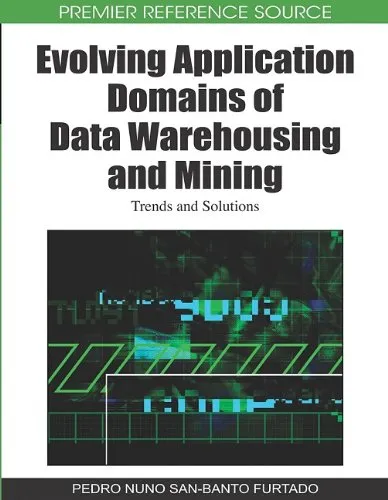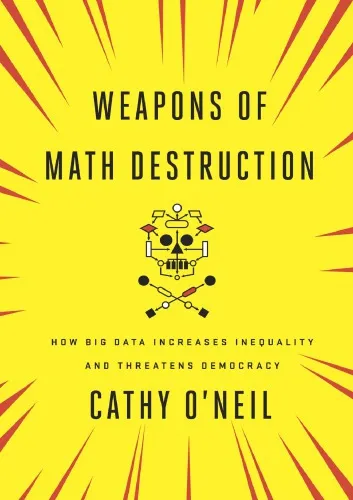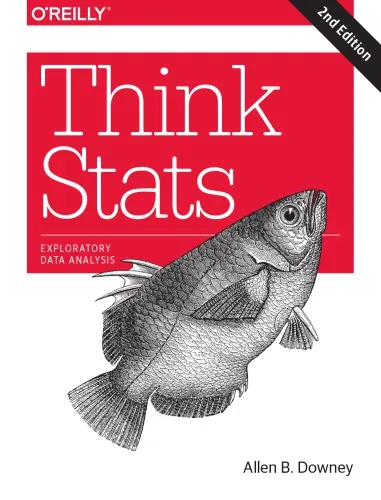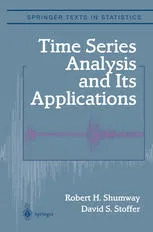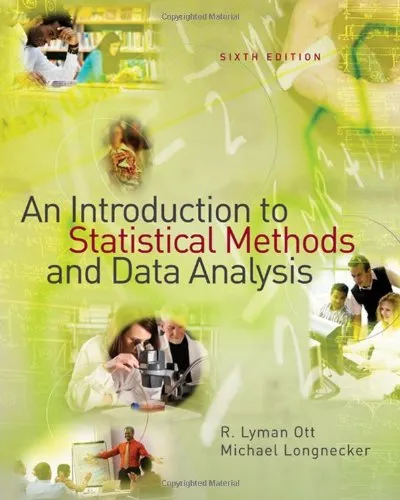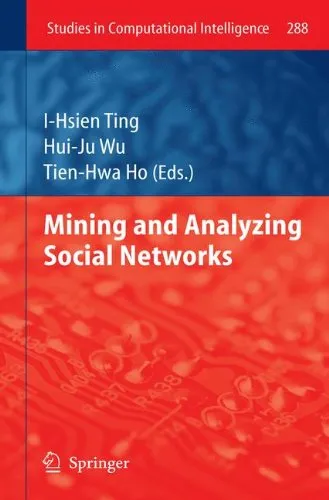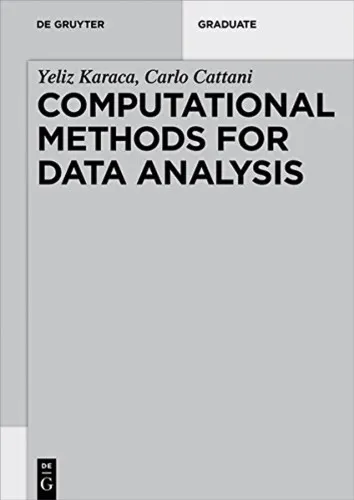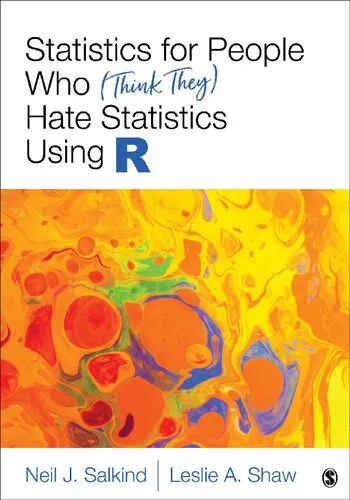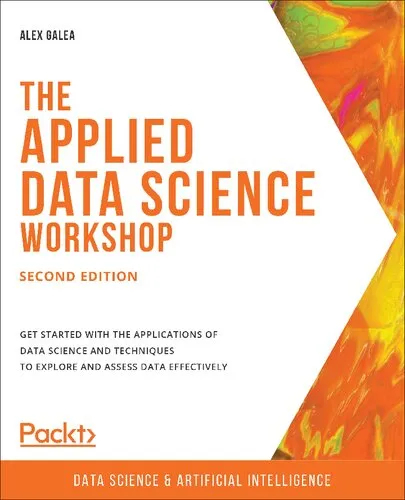Analyzing Social Networks Using R
4.5
Reviews from our users

You Can Ask your questions from this book's AI after Login
Each download or ask from book AI costs 2 points. To earn more free points, please visit the Points Guide Page and complete some valuable actions.Related Refrences:
Introduction to "Analyzing Social Networks Using R"
"Analyzing Social Networks Using R" is a comprehensive guide designed to empower social scientists, data analysts, and researchers with the tools and techniques to explore, visualize, and analyze social networks using the R programming language. Written by experts in the field, Stephen P. Borgatti, Martin G. Everett, Jeffrey C. Johnson, and Filip Agneessens, this book bridges the gap between the theoretical foundations of social network analysis (SNA) and the practical demands of analyzing complex networks in today's digital age.
Detailed Summary of the Book
The book offers a step-by-step introduction to the concepts, methodologies, and applications of social network analysis (SNA). It begins with a foundational discussion of what constitutes a social network, exploring its various elements such as nodes (individuals, organizations, or entities) and edges (relationships, connections, or interactions). From there, it delves into how these networks can be mathematically and visually represented.
A key focus of the book is its use of R, a powerful open-source programming language widely adopted for statistical and data analysis. Leveraging R, the authors introduce readers to popular R packages like igraph, network, and sna. These tools are utilized to create visualizations and conduct empirical analyses of social network structures. Whether it’s examining centrality measures, detecting communities, or modeling network dynamics, the book breaks these topics into digestible sections supported by practical, real-world datasets.
Designed for both novice and experienced practitioners, "Analyzing Social Networks Using R" includes hands-on exercises, detailed examples, and reproducible R scripts. It skillfully balances theory with application, ensuring readers are equipped not only to understand complex concepts but to apply them confidently in various domains, from sociology to business intelligence.
Key Takeaways
- Comprehensive introduction to social network analysis concepts, metrics, and graph theory fundamentals.
- Practical tutorials on using R and specialized packages for network visualization and analysis.
- Step-by-step workflows to calculate centrality, identify communities, and analyze large-scale networks.
- Real-world case studies that demonstrate the applicability of SNA across fields such as sociology, epidemiology, marketing, and policy-making.
- Includes reproducible R scripts, fostering hands-on learning and application-driven understanding.
Famous Quotes from the Book
"A network is not simply the sum of its parts; it is an emergent structure that produces unique effects greater than any individual's contribution."
"Visualization is the first step toward demystifying the complexity of networks, allowing patterns and insights to emerge through simple yet powerful representations."
"In the age of data, the ability to analyze social networks gives us an unparalleled lens into the dynamics of relationships and collective behavior."
Why This Book Matters
Social network analysis has become a cornerstone of modern data science, and its applications are vast — from studying organizational communication patterns to understanding the spread of diseases, detecting fraudulent behavior, and mapping social media influence. However, for many, the complexity of both SNA concepts and the utilization of R as an analytic tool can be overwhelming. This book addresses that gap by offering a structured, beginner-friendly pathway into the intricate world of social network analysis.
By combining robust theoretical insights with hands-on practice, this book provides readers with the skills and confidence to tackle real-world problems. It empowers researchers across diverse fields to harness the explanatory and predictive power of network analysis. Moreover, as the world drives more conversation about connectivity — in digital networks, organizational structures, and even ecosystems — having tools to decode and understand these networks becomes indispensable. "Analyzing Social Networks Using R" serves as a vital resource for developing these capabilities, making an invaluable impact on its readers' professional and academic pursuits.
If you’re ready to deepen your understanding of social networks, transform raw data into meaningful insights, and master one of the leading analytic tools in data science, this book is your guide to success.
Free Direct Download
You Can Download this book after Login
Accessing books through legal platforms and public libraries not only supports the rights of authors and publishers but also contributes to the sustainability of reading culture. Before downloading, please take a moment to consider these options.
Find this book on other platforms:
WorldCat helps you find books in libraries worldwide.
See ratings, reviews, and discussions on Goodreads.
Find and buy rare or used books on AbeBooks.
1486
بازدید4.5
امتیاز0
نظر98%
رضایتReviews:
4.5
Based on 0 users review
Questions & Answers
Ask questions about this book or help others by answering
No questions yet. Be the first to ask!


